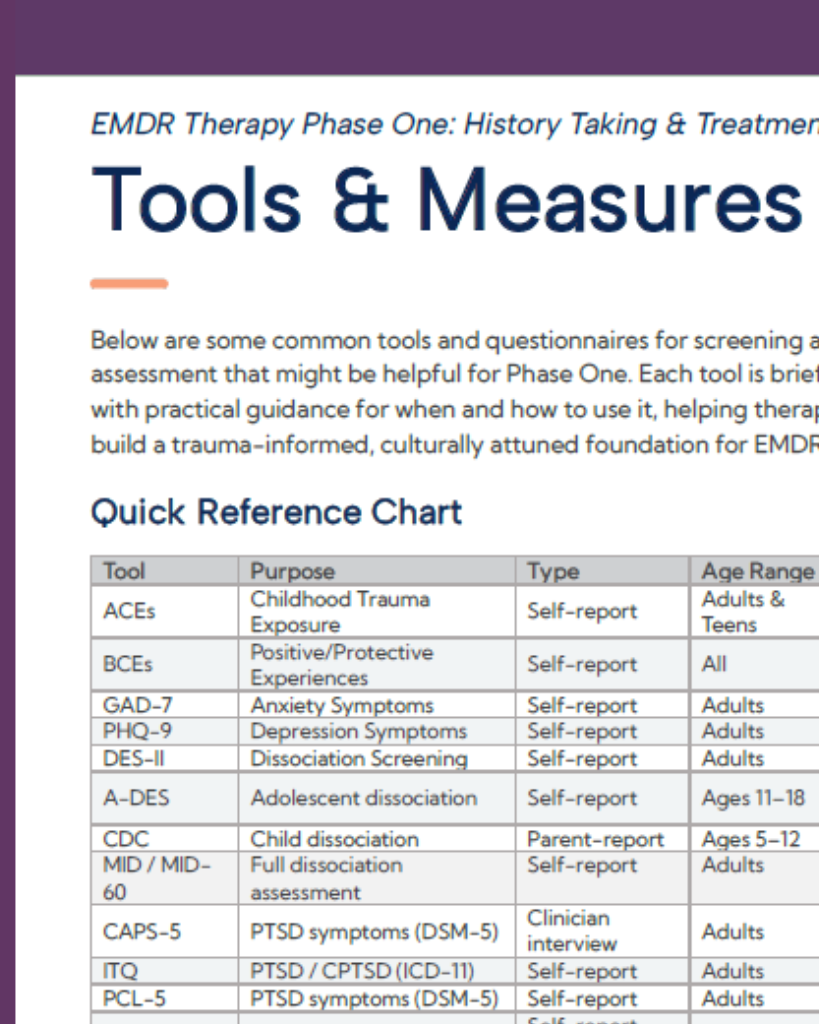Childhood experiences and psychological distress: Can benevolent childhood experience counteract the negative effects of adverse childhood experiences?
The aim of this study was to explore a combined effect of ACEs and BCEs on psychological distress among Chinese undergraduates.
Resource Abstract
“Background: Childhood experiences can exert a huge impact on adult psychological conditions. Previous studies have confirmed the effects of adverse childhood experiences (ACEs) and benevolent childhood experiences (BCEs) on psychological distress (e.g., stress, depression, and suicidal ideation) separately, but few studies explored a combined effect of ACEs and BCEs on psychological distress. The aim of this study was to explore a combined effect of ACEs and BCEs on psychological distress among Chinese undergraduates.
Methods: Participants were undergraduates aged 17–24 years (N = 1,816) and completed a self-reported questionnaire. A series of regression analyses were conducted to examine the association between childhood experiences and psychological distress.
Results: A total of 65.7% of undergraduates had BCEs, 27.1% of undergraduates had ACEs, and 12.9% of undergraduates had ACEs and BCEs simultaneously. Logistic regression analysis indicated that undergraduates who experienced high ACEs were more likely to have a high risk of psychological distress [odds ratio (ORs) = 1.46, 1.84, and 3.15 for uncertainty stress, depressive symptoms, and suicidal ideation, respectively], while undergraduates who experienced High BCEs were less likely to have psychological distress (ORs = 0.33, 0.22, and 0.32 for uncertainty stress, depressive symptoms, and suicidal ideation, respectively) compared with Low-Both group. The combined effect of ACEs and BCEs (High-Both group) could also play as a protective factor in uncertainty stress (OR = 0.56) and depressive symptoms (OR = 0.47).
Conclusion: Our findings suggested that ACEs and BCEs could not only predict the psychological distress independently, but also BCEs could counteract the negative effect of ACEs in psychological problems. There is an even greater need to identify and support the victims of ACEs and to increase BCEs in early childhood.”
—Description from publisher
Resource Access
Open Access
Hou, H., Zhang, C., Tang, J., Jingjing W., Jiaqi X., Zhou, Q., Yan, W., Gao, X., & Wang, W. (2022). Childhood experiences and psychological distress: Can benevolent childhood experience counteract the negative effects of adverse childhood experiences? Frontiers in Psychology, 13:800871. https://doi.org/10.3389/fpsyg.2022.800871
Date
February 24, 2022
Creator(s)
Hao Hou, Caochen Zhang, Jie Tang
Contributor(s)
Jingjing Wang, Jiaqi Xu, Qin Zhou, Wenjun Yan, Xiuyin Gao, Wei Wang
Topics
Childhood Trauma
Extent
10 pages
Publisher
Frontiers
Rights
Copyright © 2022 Hou, Zhang, Tang, Wang, Xu, Zhou, Yan, Gao and Wang. This is an open-access article distributed under the terms of the Creative Commons Attribution License (CC BY). The use, distribution or reproduction in other forums is permitted, provided the original author(s) and the copyright owner(s) are credited and that the original publication in this journal is cited, in accordance with accepted academic practice. No use, distribution or reproduction is permitted which does not comply with these terms.
APA Citation
Hou, H., Zhang, C., Tang, J., Jingjing W., Jiaqi X., Zhou, Q., Yan, W., Gao, X., & Wang, W. (2022). Childhood experiences and psychological distress: Can benevolent childhood experience counteract the negative effects of adverse childhood experiences? Frontiers in Psychology, 13:800871. https://doi.org/10.3389/fpsyg.2022.800871
Audience
EMDR Therapists, Other Mental Health Professionals
Language
English
Content Type
Article, Peer-Reviewed
Access Type
External Resource, Open Access




